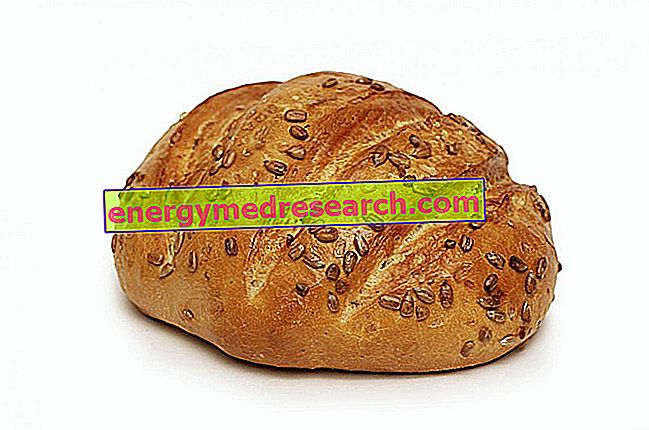
Brioche is a sweet pastry food.
The French, who are its inventors, call it a typical Viennoiserie recipe (from Vienna), or a type of luxury pastry, fine and fancy; the Belgian synonym of viennoiserie is coques .
Brioche is a leavened and cooked recipe, obtained from a mixture of flour, butter and eggs, which is particularly soft and spongy.
The brioche, as we know it today, was born in Normandy only in the sixteenth century. As for its dough instead ( pâte à brioche ), it has its roots since the Middle Ages. In fact, some finds show clear traces of a food based on flour, natural yeast, butter, milk and eggs, from which sandwiches were formed that vaguely resemble contemporary brioches.
The etymology of the word "brioche" has long remained controversial. Among the various and imaginative Portuguese sports that have been put forward over time we recall:
"Brioche" as a linguistic union of the words "bris" (interruption) and "hocher" (to mix)
"Brioche" deriving from "Briochins", or the inhabitants of Saint-Brieuc
However, the most picturesque hypothesis is that advanced by Alexandre Dumas, for whom the word "brioche" derives from "brie" (cheese); according to Dumas, the dough was initially formed with the addition of this ingredient.
Today, it is believed that the word "brioche" derives from the verb "brier", from the ancient Norman "broyer", at the time used to define "the act of kneading by means of a wooden roller"; this is also found in the "Pane Brié", another Norman specialty.
The suffix "-oche" is therefore inserted into the verb "brier" to define the final product of the preparation methodology to which it refers. This analogy is also supported in the "Dictionaries of the French and English Tongues" of 1611.
Among the cities renowned for brioche we remember Gisors and Gournay, probably thanks to the qualitative excellence of their butter.
" Che mangino brioche! ", Is an apocryphal citation of Queen Marie Antoinette. We find it for the first time in the " Confession of Jean-Jacques Rousseau ", published in 1782: "Enfin, je me rappelai le pis-aller d'une grande princesse à qui l'on disait que les paysans n'avaient pas de pain, et qui répondit: Qu'ils mangent de la brioche. J'achetai de la brioche. "



